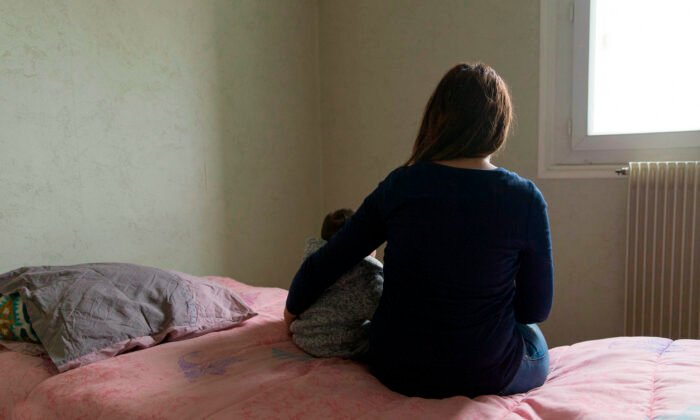Concerns for Victims of Family Violence: Training Gaps and Lengthy Legal Battles
‘We have heard there is more still to be done,’ Committee Chair Susan Templeman said.
Training gaps, inconsistent court rulings, and the prolonged, stressful nature of legal battles were key concerns raised during the House of Representatives Standing Committee on Social Policy and Legal Affairs public hearing on Aug. 23.
Chaired by Labor MP Susan Templeman, the session revealed significant issues within the family law sector, including inadequate specialised training for legal professionals and the urgent need for reforms to address multiple and prolonged court hearings effectively.
National Community Attitude Survey, quoted by stakeholders, revealed that 91 percent of Australians recognise domestic and family violence as a societal issue but 43 percent believe it is not a problem in their communities.
Gaps in Mandatory Training for Professionals
Representatives highlighted a significant gap in the mandatory continuing professional development (CPD) required for accredited specialists, judges, magistrates, and police officers who regularly handle domestic and family violence cases.
Experts from AIFS noted that their research on the experiences of separated families found that 58 percent of families experienced violence during or before separation, with 45 percent reporting continued violence post-separation.
They stressed that upskilling professionals is crucial to better navigate the complexities of post-separation processes.
“Training must be both trauma-informed and specifically tailored to understanding domestic and family violence,” said Kira Duggan, research director at the Australian Institute of Family Studies (AIFS).
Research also highlights the need for professionals to better interpret the dynamics at play, avoid making harmful assumptions, and properly identify the predominant aggressor and instances of system abuse.
“It is critical that professionals possess these skills to appropriately respond to the nuanced behaviors and challenges faced by families dealing with domestic violence,” she said.
They also found that 27 percent of participants reported experiencing physical abuse, which increased to 39 percent when engaging with lawyers and 38 percent when interacting with courts.
Meanwhile, 30 percent of family law cases stretch over five to nine years, with 6 percent extending beyond 12 years, consuming significant portions of children’s lives.
On average, six court processes were involved per case, highlighting the complexity.
“Concerns were raised that these prolonged proceedings might be used to perpetuate domestic and family violence, further complicating and prolonging the legal process,” Duggan said.
Isla Siskovich, executive manager of legal services at Multicultural Center Against Family Violence (MCAFZ), pointed out critical inconsistencies between state and federal court rulings, which can put children and their protective parents at risk.
She strongly urged the committee to prioritise reforms that enhance the visibility and enforcement of Family Violence Orders (FBOs), including real-time information sharing between courts and law enforcement.
“We advocate for a Co-Location model to streamline FBO applications within family courts, reducing administrative burdens and improving safety for children and survivors,” Siskovich said.
Complexities of Overlapping Legal Proceedings
Another major issue highlighted was the confusion arising from overlapping family violence and family law proceedings.
Family violence orders typically last for 12 months, while family law proceedings can extend for years. This mismatch can cause repeated trauma as clients are forced to retell their stories, complicating their ability to provide clear instructions to legal professionals.
A case study shared during the hearing illustrated the challenges victims face: one victim had to attend three different hearings in a single week—a direction hearing for family violence on Friday, a family dispute resolution session on Tuesday, and a compliance and readiness hearing on Thursday.
“This not just make it emotionally difficult for the victim but physically and practically demanding to be attending three different hearings in a week,” Siskovich said.
Vulnerabilities of Migrant and Refugee Women
The hearing also shed light on the heightened vulnerability of migrant and refugee women in family violence situations.
“Forty-four percent of our clients are on temporary visas, and 32 percent have been in the country for less than five years,” noted an MCAFZ representative.
Furthermore, 91 percent of these clients speak a language other than English, underscoring the need for culturally tailored support.
The public hearings will continue on Aug. 30, 2024.
Committee Chair Templeman acknowledged the progress made with recent changes to the family law system but noted, “We have heard there is more still to be done. These public hearings provide an opportunity to explore what the Australian government can do to provide better access to Family Violence Orders (FVO) and ensure their effective enforcement.”






